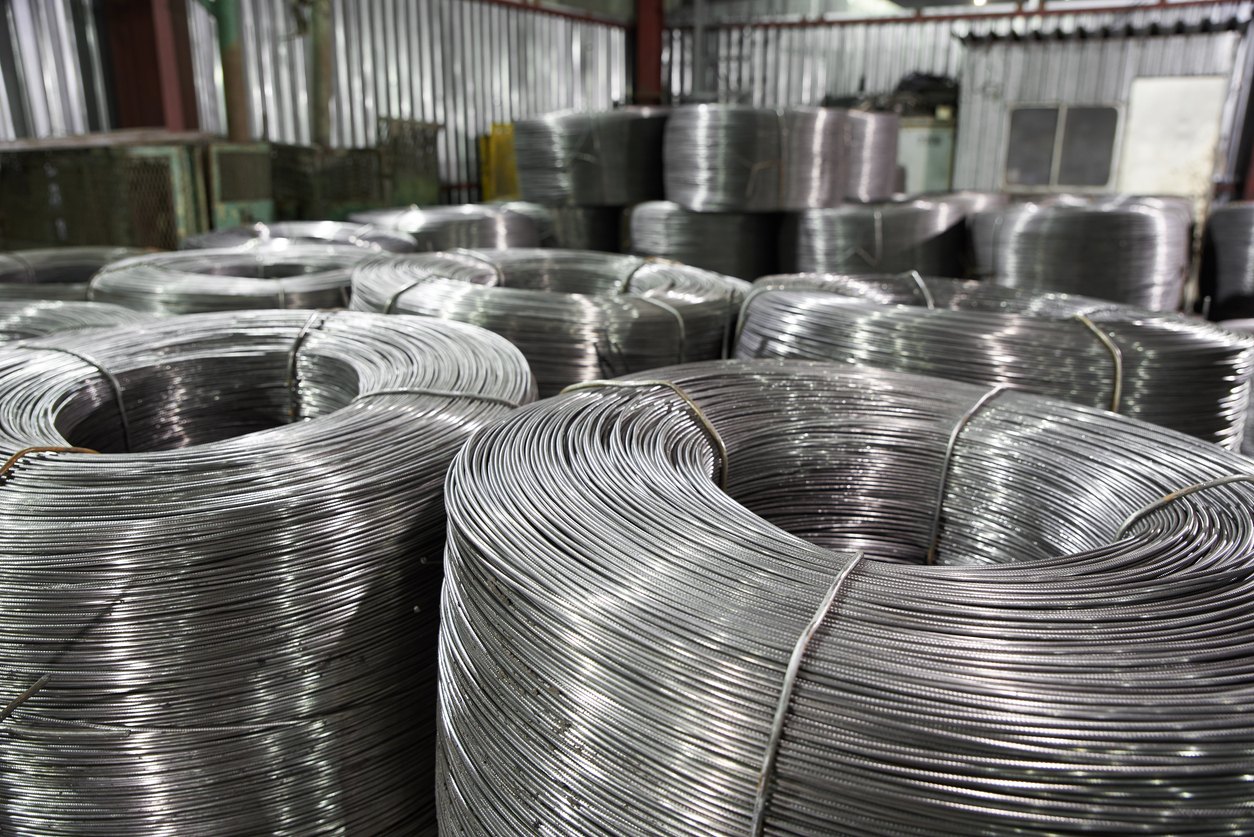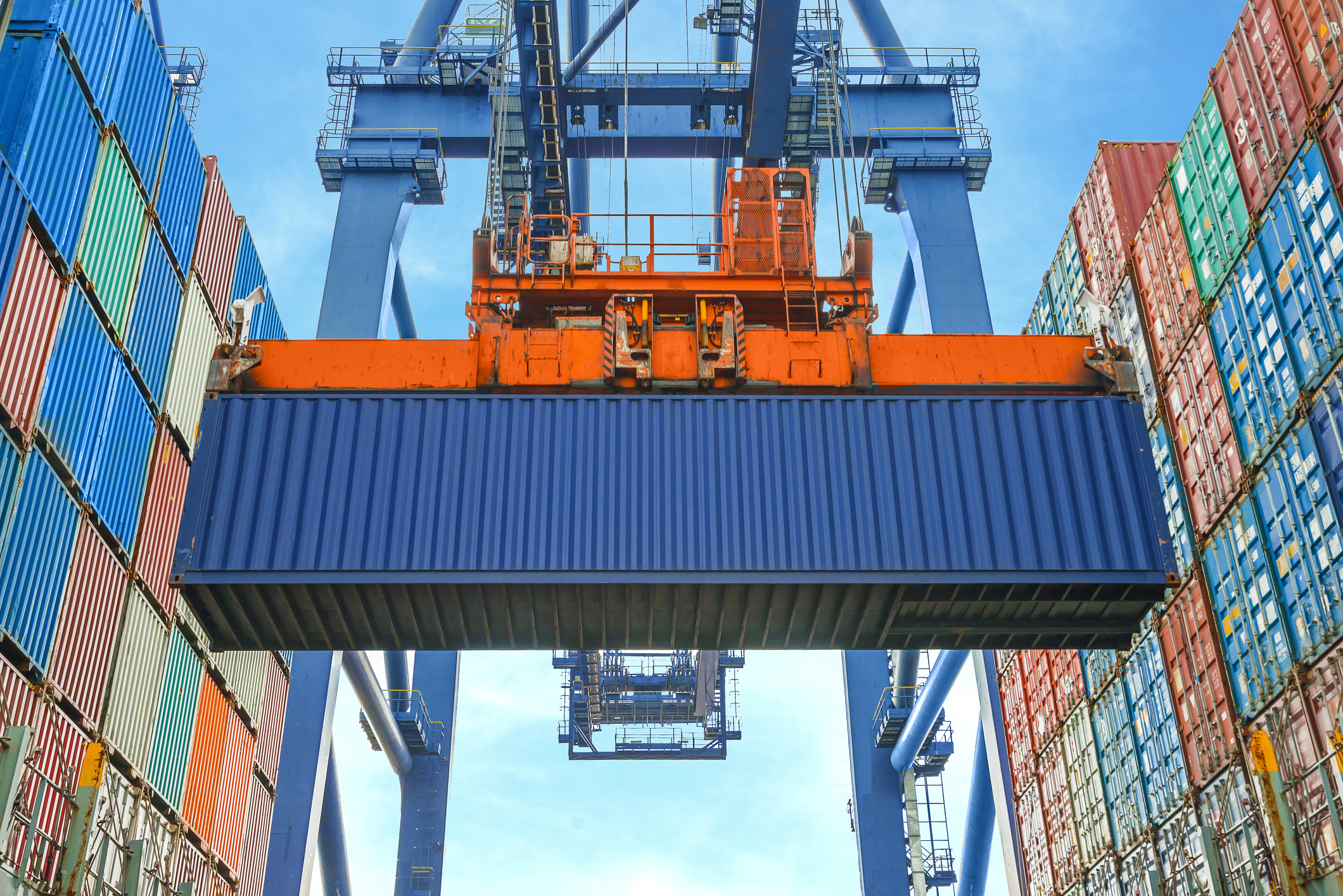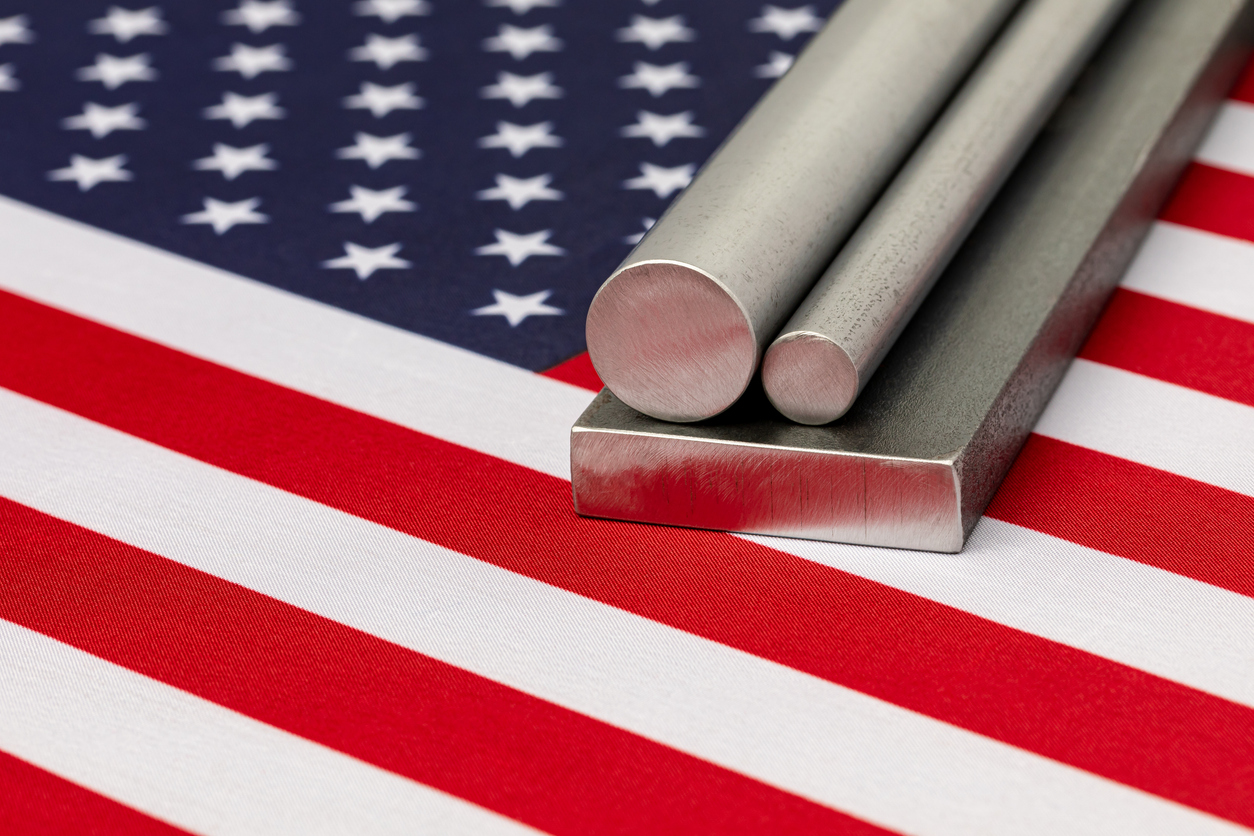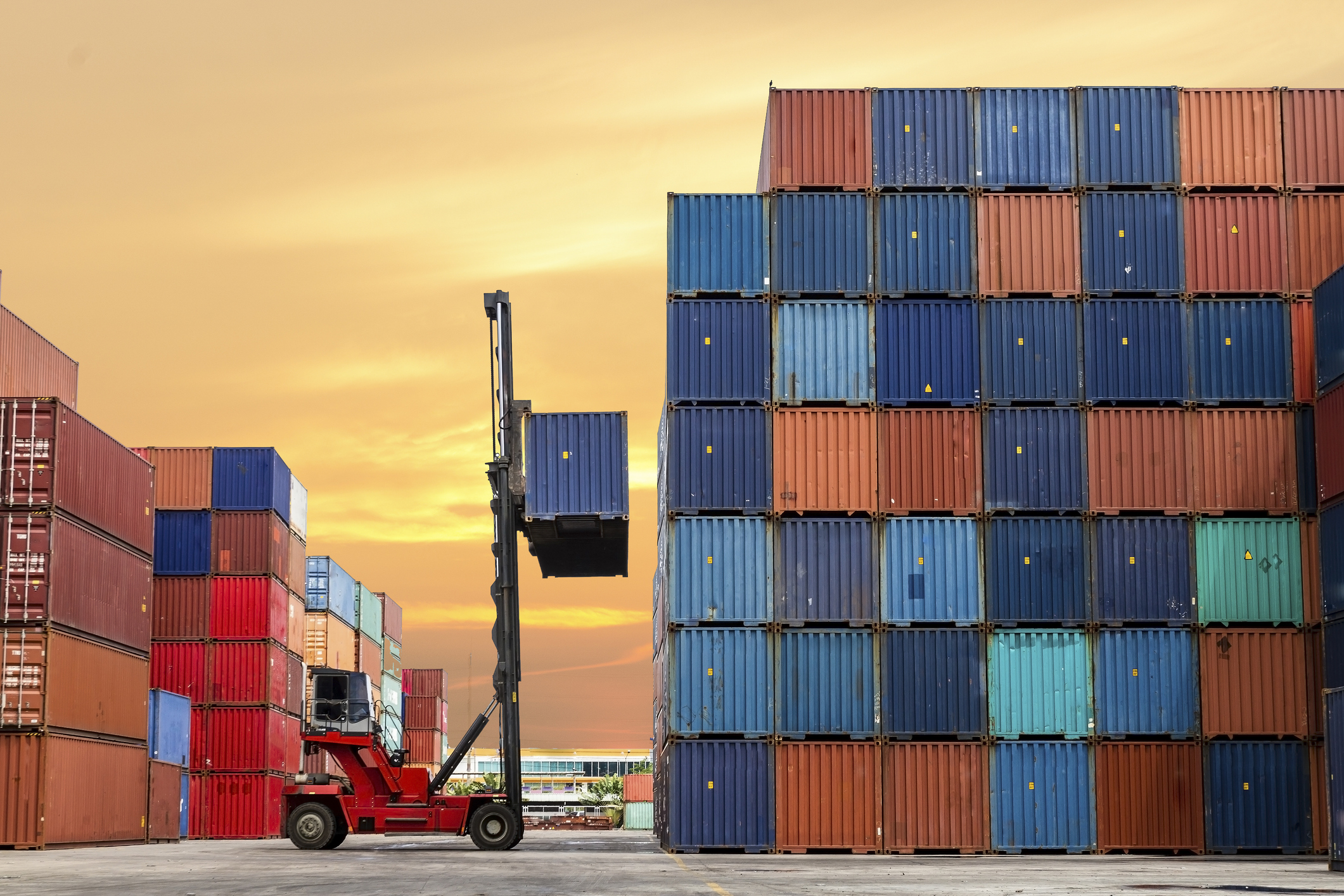公司被控对从中国进口的铝线进行错误分类并虚报 "原产国"
佛罗里达州的一家电缆和电线进口商和分销商被美国政府起诉,指控其从中国进口的数百批铝线逃避了 2800 多万美元的关税。
迈阿密Repwire公司对进口产品的 "原产国 "或 "COO "进行了虚假分类和虚假陈述,从而规避了 301 条款规定的 25% 的关税以及总额超过 75% 的反倾销和反补贴税,美国政府指控 。
进口品分类不当
2018 年之前,Repwire 将其从中国进口的铝线正确归类为美国协调关税表("HTS")代码 8544.49.9000 下的 "无连接器电线",并按规定缴纳了 3.9% 的关税。
然而,2018 年 8 月,美国贸易代表根据《美国贸易法》第 301 条,对中国的多种商品征收特别额外关税。
关税最初定为 10%,后来提高到 25%,涵盖 Repwire 的 HTS 编码 8544.49.9000 商品。
作为回应,Repwire 开始错误地根据不同类别产品的 HTS 编码申报进口,即 HTS 编码 8544.42.9090 下的 "装有连接器的电线",根据政府的投诉,301 条款关税当时不适用于该类产品。
显然,为了支持HTS 编码的错误归类,Repwire 据称在其通过海关进入的电线上粘贴了所谓的 "连接器"。然而,据政府称,它添加的装置 "没有功能",只是一种 "规避关税的伪装"。
错误申报原产国
随后,2018年9月,美国贸易代表扩大了301条款关税的覆盖范围,将HTS编码8544.42.9090的中国商品也纳入其中。
据政府称,为了应对这一变化,Repwire 开始谎报其他国家--新加坡或韩国--作为其进口产品的所谓 "原产国"。
然而,政府声称,他们真正的原籍国始终是中国。
据称,其虚假的 "原产国 "声明使 Repwire 不仅规避了 301 条款规定的关税,还规避了适用的反倾销和反补贴税 ("反倾销/反补贴税")。
反倾销/反补贴税是美国商务部评估的额外关税,目的是为受到不公平贸易进口产品损害的国内产业提供公平的竞争环境。
2019 年,美国商务部对来自中国的铝电线电缆征收总额超过 75% 的反倾销/反补贴税。
海关欺诈和举报人诉讼
虽然针对 Repwire 的诉讼是政府执法行动,但根据《虚假索赔法》,明知故犯地逃避关税或关税也可以成为举报人案件的理由。
虚假索赔法》是一项联邦法规,对故意欺诈美国政府或其机构(包括美国海关及边境保护局(CBP))的当事人规定了巨额赔偿责任。
该法案授权被称为"举报人 "或 "检举人 "的私人代表政府提起诉讼,并有权获得任何赔偿的 15%-30%作为奖励。
这些奖励可能是巨大的,因为法规授权追偿三倍或 "三倍 "的损害赔偿,外加对违法者的处罚。
2023 年,美国司法部根据《虚假索赔法》向举报人支付了总计 3.49 亿美元的奖励。
海关欺诈掠夺了美国纳税人的钱财,不公平地损害了守法进口商的利益。据信,这种现象十分猖獗,但却很难被发现。海关及边境保护局在很大程度上依赖于海关欺诈举报人的揭发。
逃避关税的计划通常涉及税率或关税率特别高的进口产品,例如:"301 条款 "关税和反倾销/反补贴税。301 条款关税和反倾销/反补贴税就是最好的例子。后者可能涉及数以百计的附加关税。
海关欺诈举报人通常是进口商的现任或前任雇员,但也可以是业务对手、竞争对手、行业分析师和行业顾问--任何了解或掌握有意逃避进口关税信息的人。
海关欺诈举报人可以来自任何国家,无需居住在美国。
揭发海关欺诈行为
如果您知道有进口商实施海关欺诈,请联系经验丰富的海关欺诈举报律师Mark A. Strauss,进行免费保密咨询。与 Strauss 先生的所有通信均受律师-当事人保密特权保护。
您必须提起《虚假索赔法》举报人诉讼,并由律师代理,才有资格获得Qui tam举报人奖励。仅通过其他方式向海关及边境保护局通风报信不足以获得奖励。




